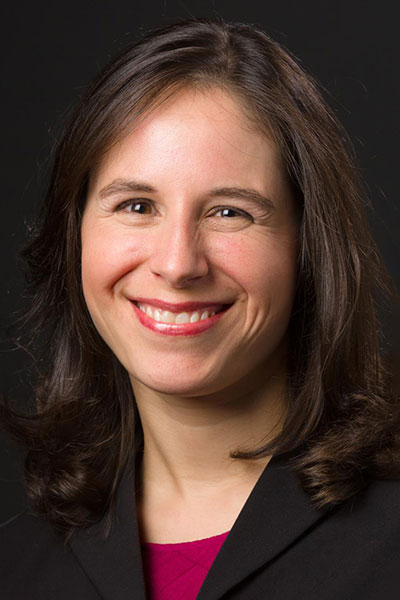
A growing body of evidence shows that racial disparities are present in sleep disorders, as across all of medicine, with important consequences for sleep duration, prevalence and management of sleep disorders, and downstream health outcomes.
At CHEST 2022, a panel of sleep health specialists will discuss novel interventions to address these disparities as well as strategies for recruiting a diverse sleep medicine workforce during the session, All Sleep Is Not Equal: Addressing Disparities in Sleep Health, on Sunday, October 16, from 2:15 PM – 3:15 pm, in Room 105AB.
“It’s very clear that disparities in sleep health exist,” said Session Chair, Lauren Tobias, MD, assistant professor and program director of the sleep medicine fellowship at the Yale University School of Medicine, and medical director of the sleep medicine program at the Veterans Affairs Connecticut Healthcare System.
“Patients who are underrepresented or from disadvantaged backgrounds have increased rates of certain sleep disorders and suffer disproportionately from insufficient sleep, which may drive poor outcomes,” she said.
Among the topics the panel will discuss is the impact of the pandemic on sleep-related disparities.
“We saw during the COVID-19 pandemic that some racial and ethnic groups disproportionately experienced insomnia related to COVID, for example, and that people from economically disadvantaged neighborhoods experienced more pronounced reductions in sleep quality in response to the pandemic,” Dr. Tobias said. “Consequently, this puts them at risk for poorer health outcomes related to poor sleep.”
A key aspect to overcoming disparities in sleep health and improving outcomes for underrepresented or disadvantaged patients, she said, is addressing disparities that exist in all levels of the sleep medicine workforce, from trainees through faculty.
“Not only do we have a richer environment in our training institutions when there is more diverse representation amongst leadership, but from a patient standpoint, there may be a different level of trust when patients are able to see providers who look like them,” Dr. Tobias said. “We need to look closely at our current recruitment practices for trainees and faculty, examine potential sources of bias in this process, and find opportunities for better mentorship of trainees with underrepresented backgrounds. It is crucial to intentionally examine all levels of the sleep medicine pipeline.”
Overall, she said the goal of the session is to present practical tips about how sleep medicine providers can better promote diversity, equity, and inclusion (DEI) efforts within their practices, programs, and institutions.
“DEI initiatives have justifiably received increased attention in recent years, but there is more work to be done,” Dr. Tobias said. “Our hope for this session is to go beyond simply characterizing the problem of disparities in sleep health, but to present potential solutions that people can take back to their practices to make a difference within their own communities.”
Panelists for the session include Andrew Spector, MD, associate professor of neurology and vice chair of inclusion, diversity, and empowerment in the department of neurology at the Duke University School of Medicine; Dayna Johnson, PhD, MPH, assistant professor in the department of epidemiology at the Rollins School of Public Health at Emory University; and Vivian Asare, MD, assistant professor and vice-chief of diversity, equity, and inclusion in the department of pulmonary, critical care, and sleep medicine at the Yale University School of Medicine and associate medical director of the Yale Centers for Sleep Medicine.
Join us at CHEST 2025
Save the date for the next Annual Meeting, October 19 to 22, 2025, in Chicago. CHEST 2025 will explore the latest advancements in pulmonary, critical care, and sleep medicine, with a focus on innovation and the future, just as the city itself embodies progress and reinvention.





